Recapping the Best and Worst 2021 Had to Offer
Video games had kind of a bizarre year in 2021. It’s still nearly impossible to get a PlayStation 5 or Xbox Series X. Nintendo still hasn’t released a 4K Switch. We still don’t know what the next Zelda game will be called. Microsoft published a PS5 console exclusive, and Sony published something that released day one on Xbox Game Pass. We’re still in a pandemic. Cyberpunk 2077 still barely works.
In the midst of all this weirdness, heaps of really good titles were released to the world. Many beloved franchises made an epic return to the spotlight; we experienced a cavalcade of unique and awe-inspiring indies; some excellent remasters made older games feel new again; and the newest generation of consoles has already produced some bangers. A lot of wild (and horribly depressing) things happened this year, but we at least had our fair share of excellent digital stories and experiences helping us through it all.
Was 2021 a *good* year for games? I would say yes, though I don’t think gaming years are defined solely by new releases anymore. I’ve spent dozens of hours in 2021 catching up on older games I missed out on, and the continued focus on live services and major updates means some of the best games we played this year might also be the best games we played last year. That said, I still think it’s important to remember what was new to us at any given time, and that’s why, like every year, my end of 2021 list will only include games that were actually released in 2021; no remakes, ports, remasters, or games I played from 2020 or earlier.
To commemorate the best (and worst) games of 2021, I have decided to make yet another tier list, meaning:
-I will list every game I played this year according to several quality tiers (games I played for just a few minutes and bounced off, such as The Ascent and Back 4 Blood, do not count).
-Each tier will list games in alphabetical order, and the best game in each tier will receive special honors (save for the lowest two tiers).
-The first tier (Anti-Game of the Year) and last tier (Game of the Year) will obviously each contain only one game.
-To be clear, I have not yet played every notable title from 2021 (I have yet to try Deathloop, Returnal, Ratchet & Clank: Rift Apart, Inscryption, Wildermyth, The Forgotten City, and countless others), so this list is limited to what I actually played.
Anti-Game of the Year
The worst game I played this year, period.
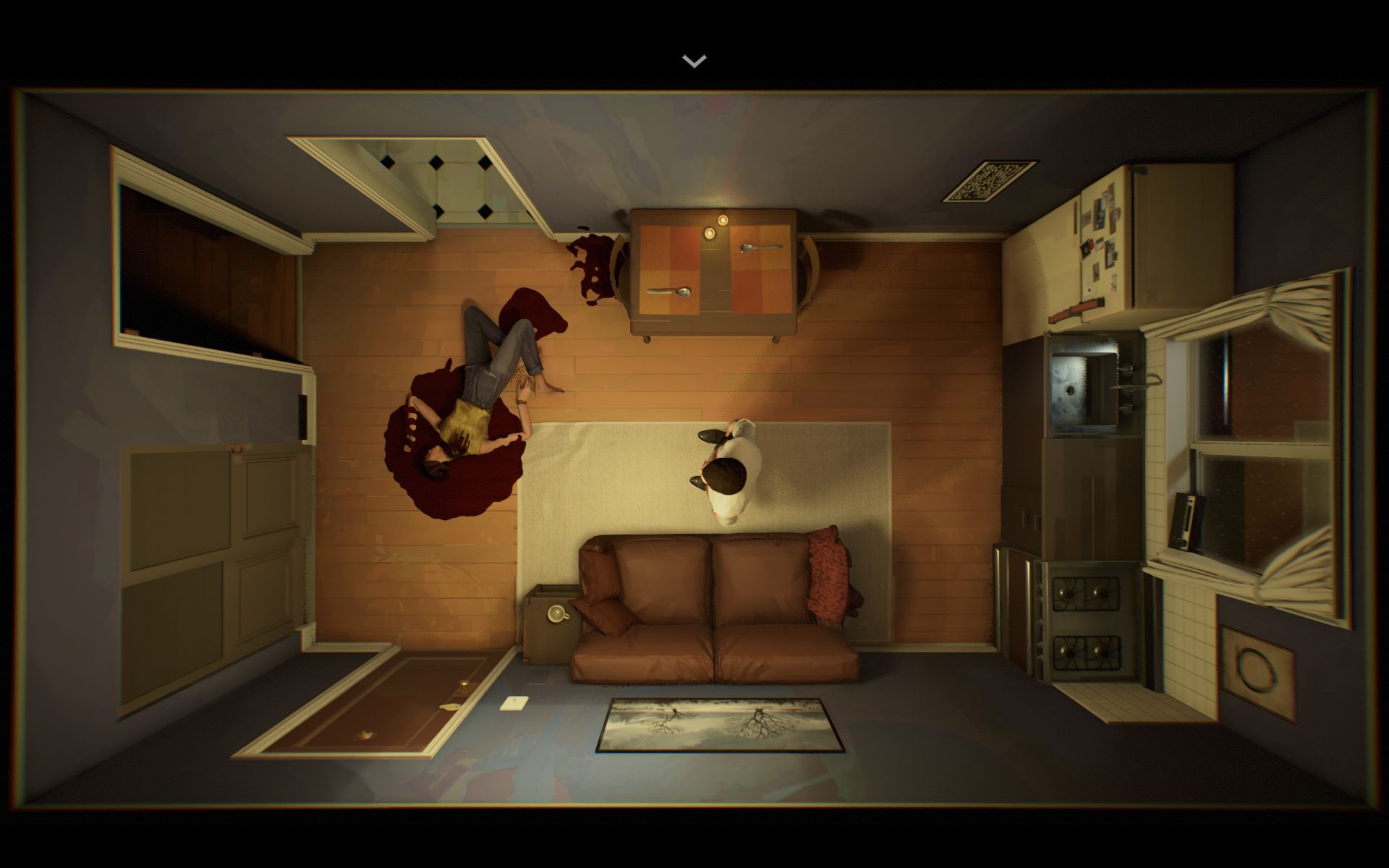
12 Minutes
Conceptually, I liked what 12 Minutes tried to accomplish. Bringing in Hollywood voice talent for a point-and-click narrative adventure utilizing a time loop where the players themselves don’t know what’s happening sounds like a recipe for a compelling experience. Unfortunately, 12 Minutes is so functionally obtuse, artistically limited, and needlessly grotesque that I can honestly say it’s one of the most disappointing games I’ve played in years and a no-brainer pick for Anti-Game of the Year.
Ugh, Fine I Guess
This tier includes my (other) least favorite games of the year. These games aren’t necessarily bad (all include some notably positive qualities), but none of them deserve to be honored too far above being “not terrible.”

The Medium
I really wanted to like The Medium. Its dual-reality concept intrigued me, and I like the idea of horror games being light on panicky combat. But the actual world and characters were of little interest to me, and its exploration of trauma wasn’t especially novel.
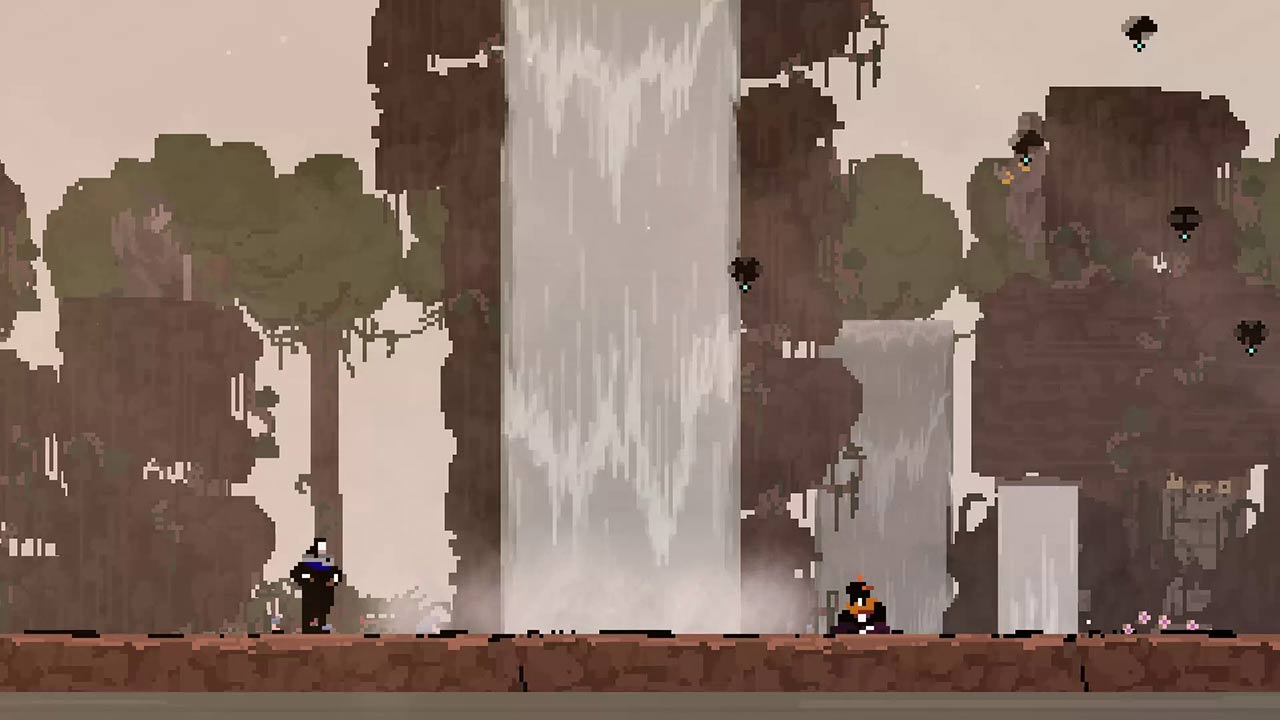
Olija
I adored Olija’s early 90s pixel art, but the “savage wastelands” tropes and mediocre platforming made the whole experience kind of a bummer. I enjoyed some of the combat sequences and the overall sound design, but there’s nothing special here.

Sable
Sable’s themes, art style, and overall vibes are enchanting, but it’s hard to design something as though it were an open world game and not offer much to play around with in that world. Everything is trying to be Breath of the Wild now, but you can’t achieve the same feelings that game presented if there’s nothing particularly exciting or interesting in between points of interest.
Literally Pretty Good
Named after NFL analyst Cris Collinsworth’s confusing description of a decent-but-not-excellent football player, this category is for games that are somewhere between slightly above average and flat-out good. Every game on this list is worth a try, but no masterpieces are to be found here.

Cyber Shadow (Literally Pretty Good GOTY)
Cyber Shadow is unambitious and derivative, but it executes well on what it’s trying to be. Featuring phenomenal pixel art, great 8-bit era music, and challenging but rewarding gameplay, Cyber Shadow has a lot to offer. Just don’t expect it to blow you away.
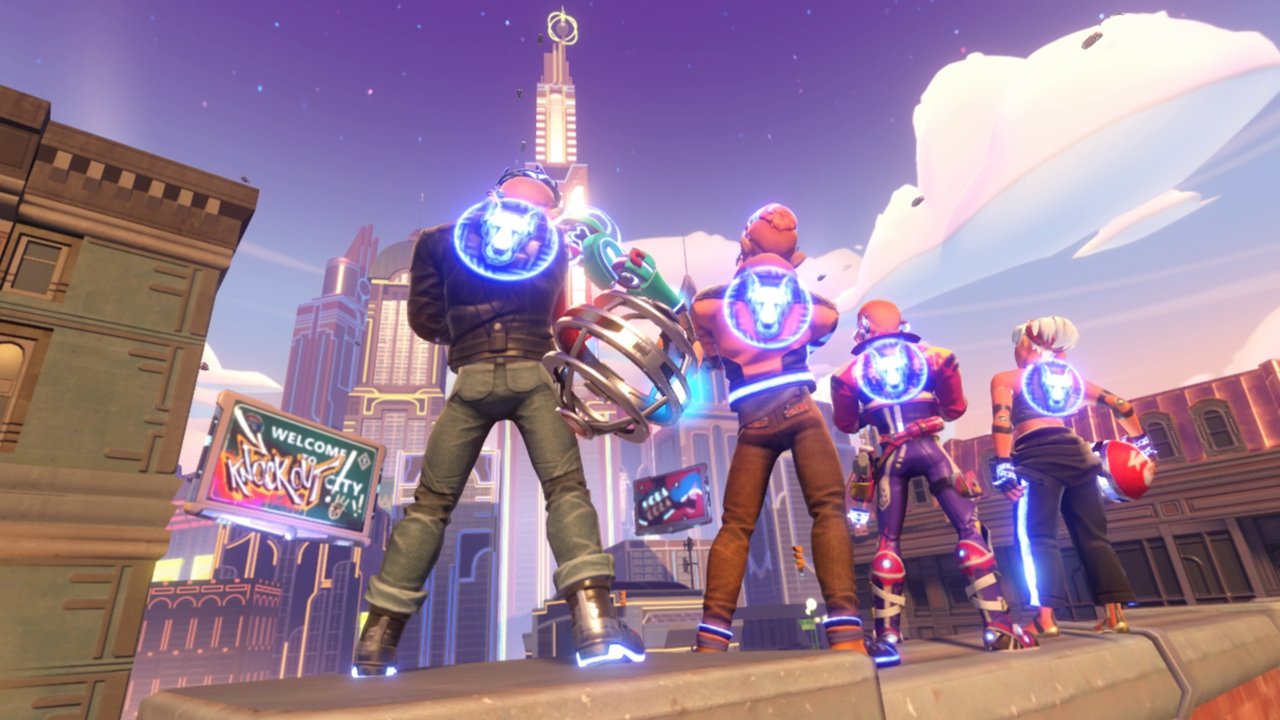
Knockout City
This was one of the bigger surprises of the year to me. EA publishing a dodgeball-like party game that’s free to start? Sounds like a recipe for boring, half-assed multiplayer fodder. Turns out, there’s really something here! The floaty, cartoonish dodgeball gameplay really sings at times, and the variety of game maps and special balls make each match a blast to play. At the same time, the novelty wears off after a while, and what I’m left with is great memories but little desire for more.
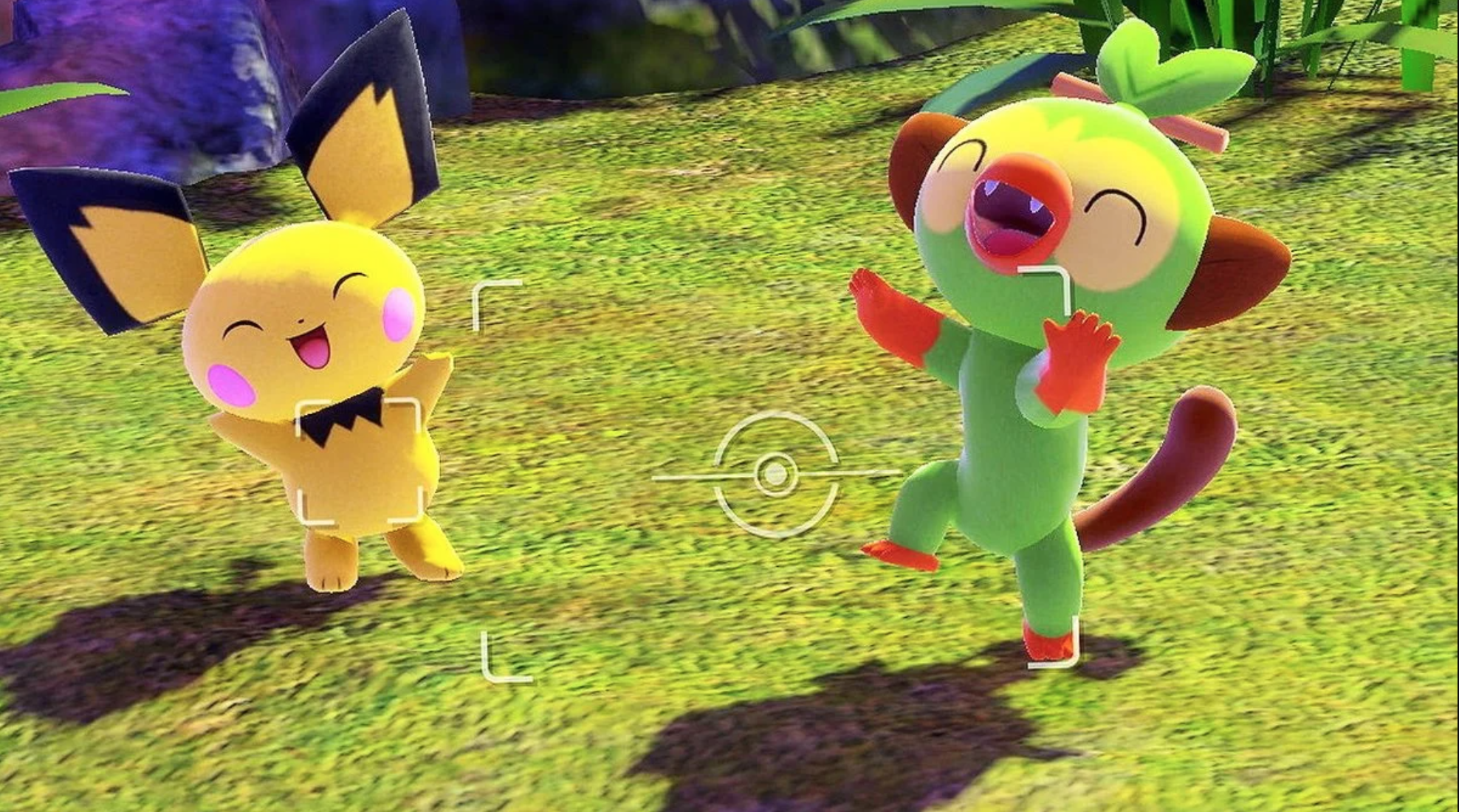
New Pokémon Snap
Many of my greatest frustrations around New Pokémon Snap are basically own-goals that didn’t have to happen. The dialogue is incessant and grating, the inability to submit more than one photo of a little monster in each run sucks, and the boss-like encounters aren’t quite as gripping as they’re made out to be. At its core, though, New Pokémon Snap is a worthy successor to its Nintendo 64 namesake, with tons of pleasant secrets, beautiful landscapes, and plenty of replay value.
Solid As Heck
Also not a list of masterpieces, this tier includes games that are very good and worth your time and emotional investment. Imagine the games on this list as a really solid diner burger: not life-changing, but hits the spot.
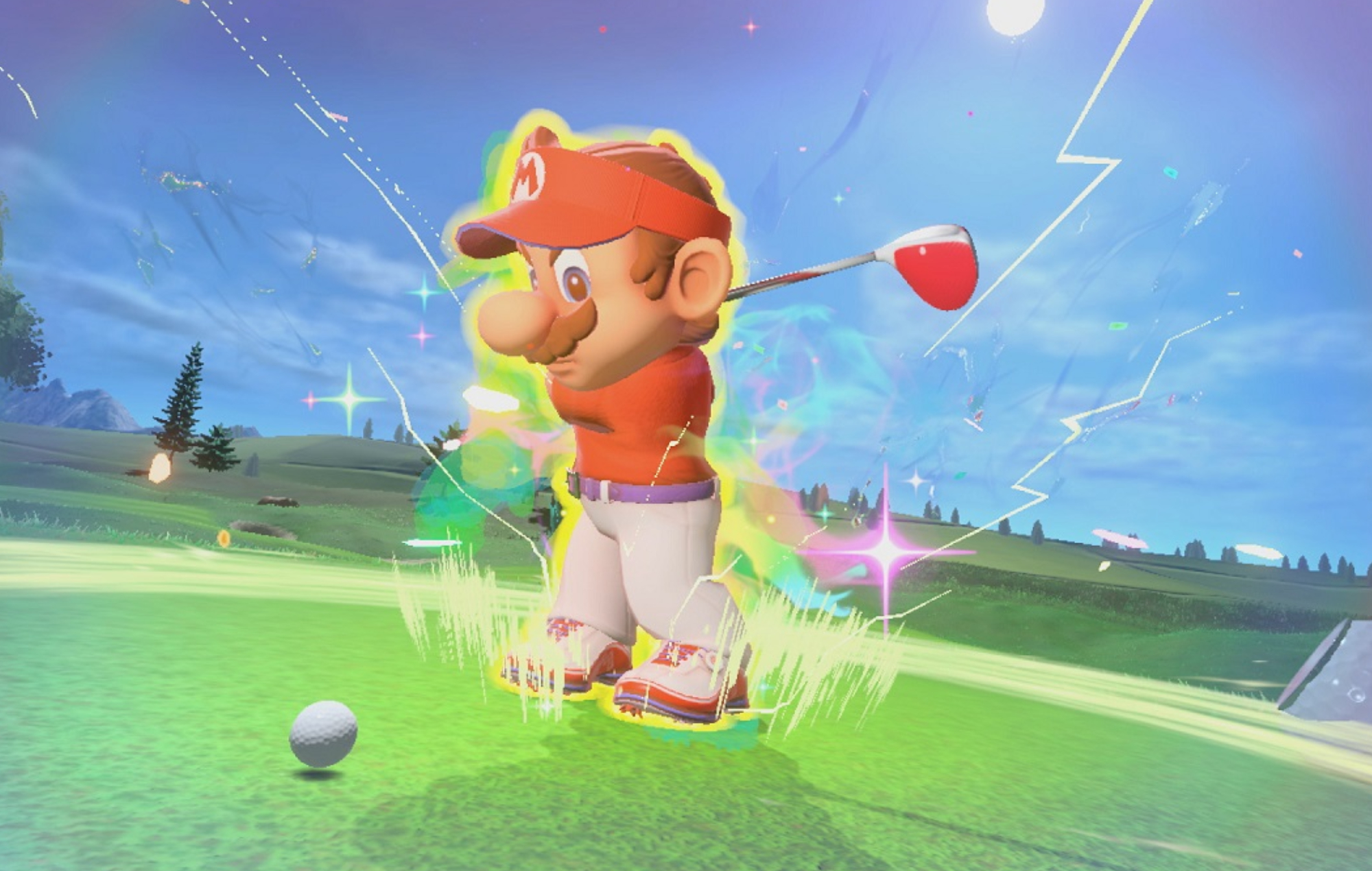
Mario Golf: Super Rush
The latest Mario Golf nails the basics: The plain-old golf is sharp, pretty, and nuanced, and the timeless Nintendo charm emanates through every playable character. A lot of the newer features, like battle golf and speed golf, work great as well, and add a nice wrinkle to the online experience. I wish the game had more courses (especially weird ones like New Donk City), and the story mode wasn’t quite as comprehensive or impressive as I’d hoped, but I got pretty much everything I needed out of a golf game from Super Rush.
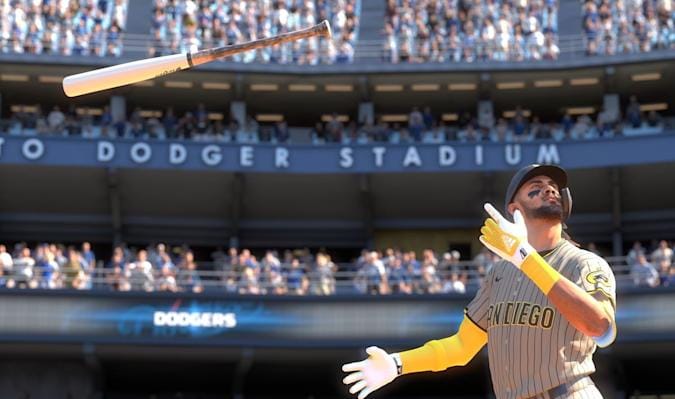
MLB The Show 21
If you like baseball and video games, you should play MLB The Show 21. While new features like pinpoint pitching and stadium creator add some extra challenge and variety to The Show 21, at the end of the day it’s just a really good baseball sim.
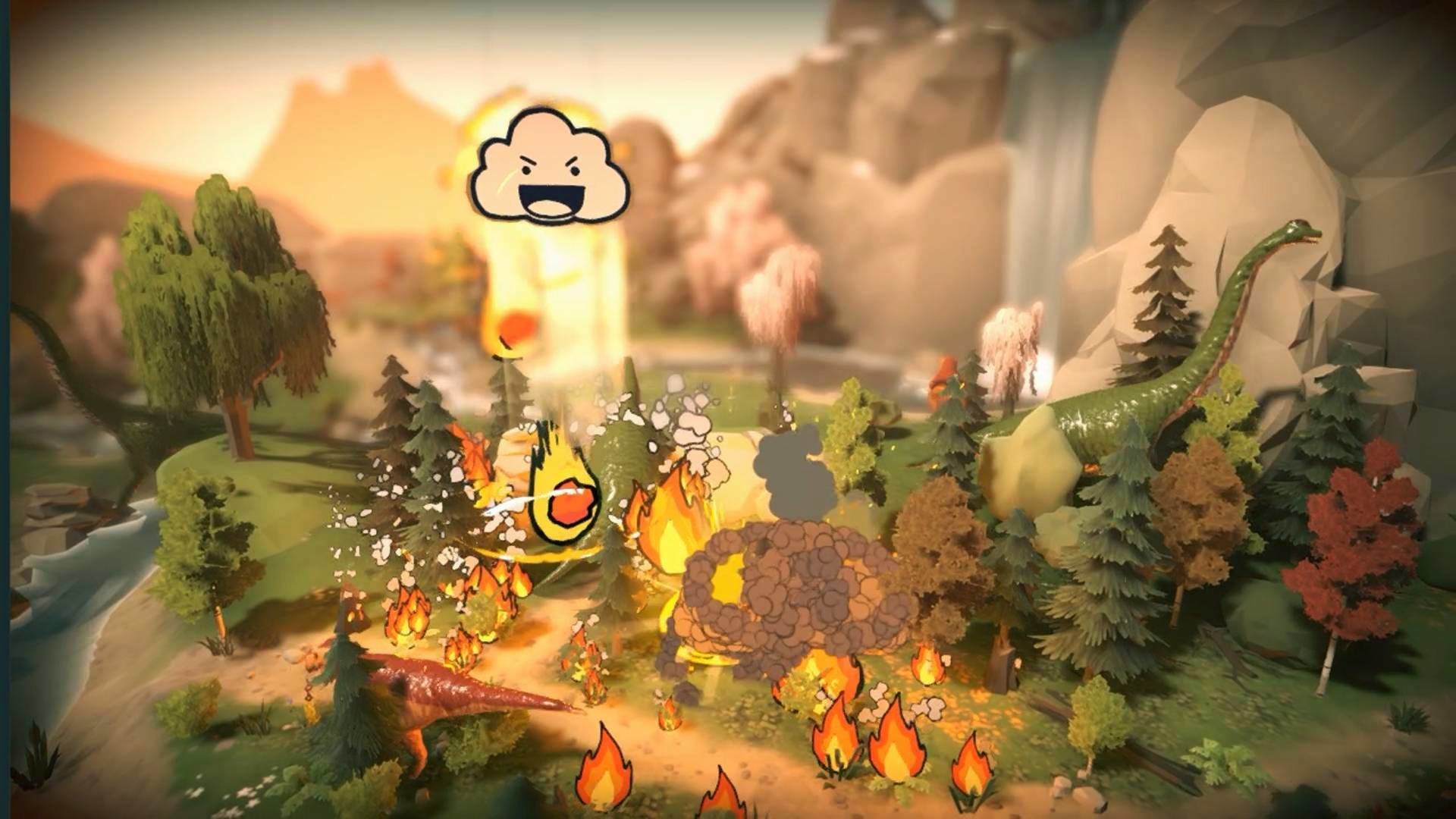
Rain On Your Parade (Solid As Heck GOTY)
My favorite thing about hilarious indie Rain On Your Parade is that comedy is the central focus of the game, above all else. It’s not just trying to make you laugh at its concepts and cutesy writing (the way Paper Mario games do, for example); your chuckles will come organically through ruining so many lovely dinner dates, parties, parades, and office gatherings. We tend to grade on a curve when it comes to comedy in games, but Rain On Your Parade is just plain funny.
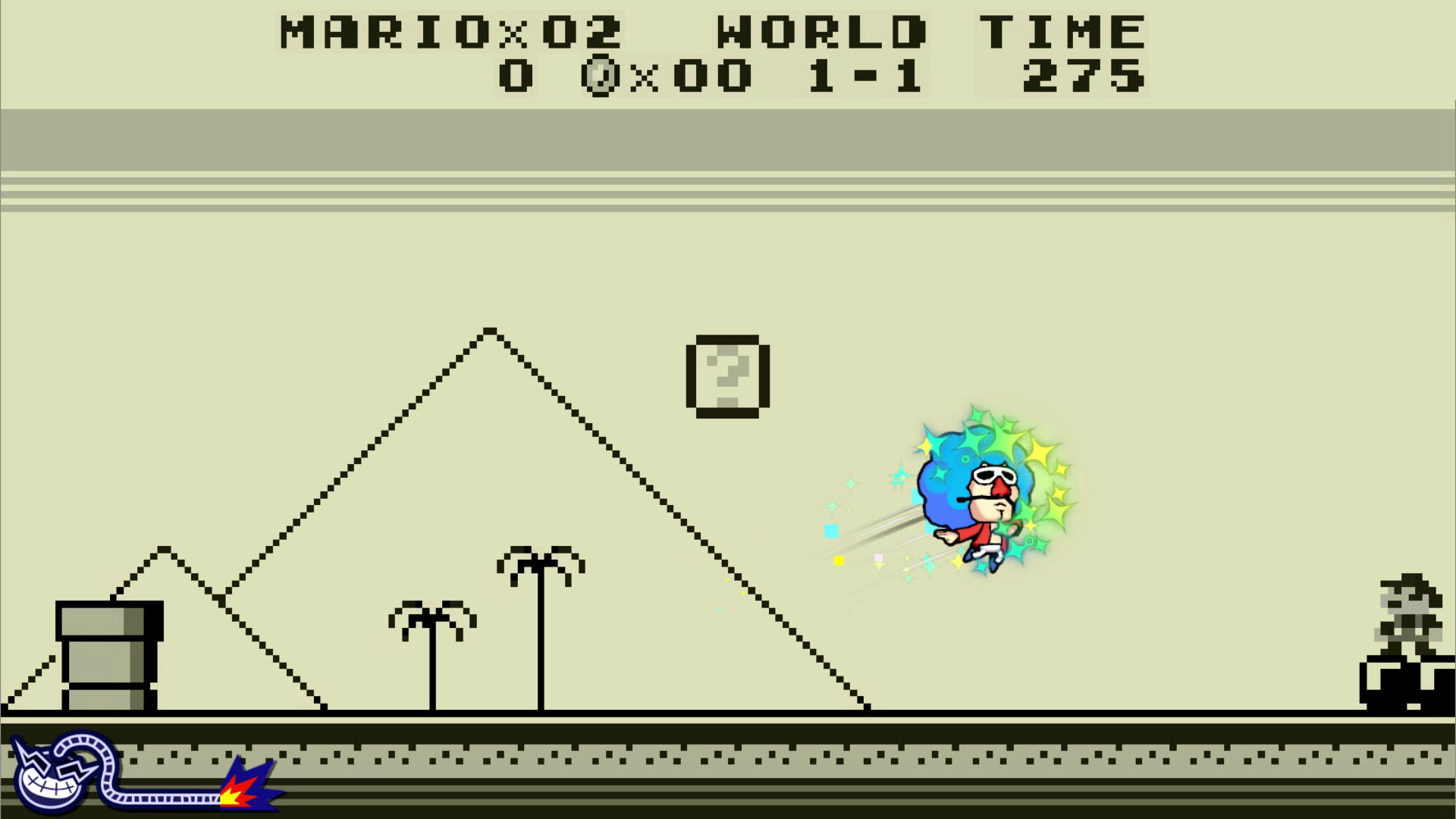
WarioWare: Get It Together!
WarioWare as a franchise has also been known for its comedy, but Get It Together! highlights the actual gameplay challenge better than any other entry in the series. This game isn’t just a collection of goofy gags, fart jokes, and hairy armpits; it’s an honest commentary on the core tenets of gaming.
Genuinely Great
Now we’re talking! All of these games are really, really good, and I would recommend them to just about anyone. Maybe none of them are GOTY material, but all are more than worth your time.
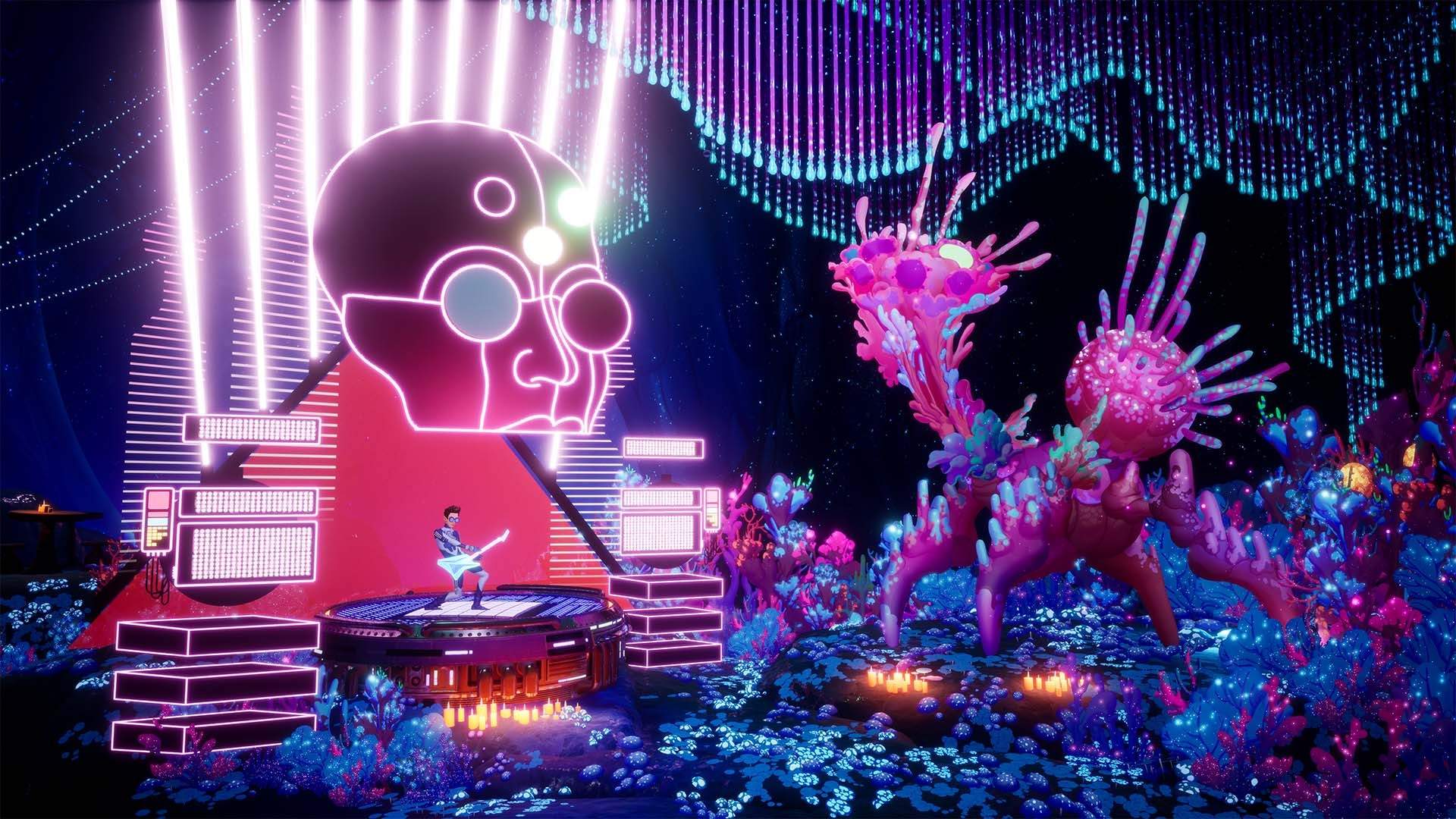
The Artful Escape (Genuinely Great GOTY)
The Artful Escape does a terrific job of exploring youthful identity crisis, the desire to forge one’s own path without betraying familial expectations, and what individuality and expression really mean for someone so inextricably linked to an iconic public figure. The game is a visual and sonic delight, though the ability to shred on a guitar simply by holding a button while traversing at your own pace through wacky celestial locales is what makes The Artful Escape truly special in my eyes.

Genesis Noir
Beyond its stylishly limited color palette and unique storytelling methods, Genesis Noir achieves greatness through its focus on connections, both the connections we make with one another and the connections between different eras of terrestrial existence. Through its detective-like gameplay and film noir aesthetics, Genesis Noir crafts a brief yet powerful exploration of what it means for anyone or anything to exist, as well as the inevitability of creation and obliteration.
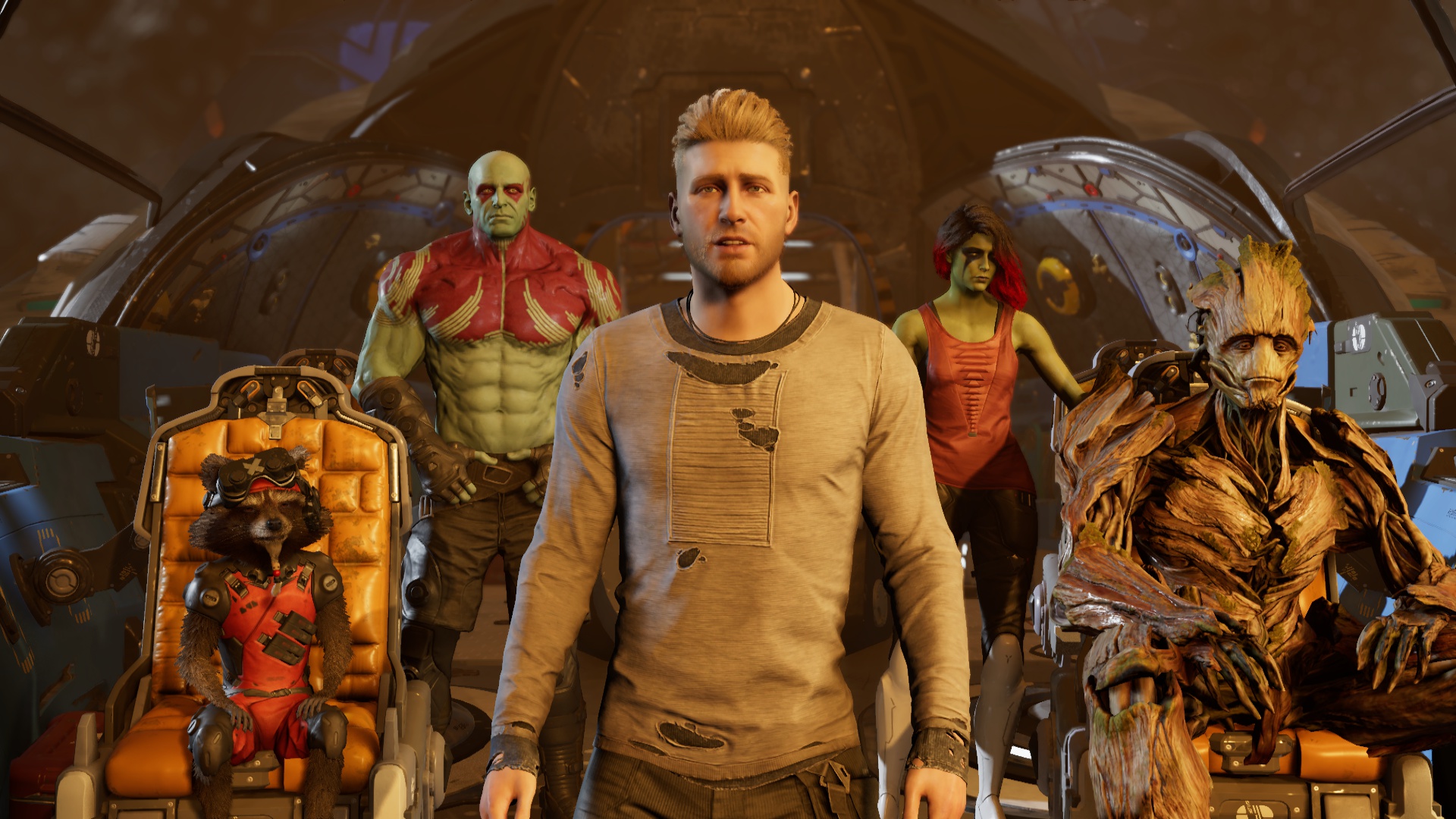
Marvel’s Guardians of the Galaxy
The latest comic book caper from Square Enix was the biggest surprise of 2021, and not just because it is leagues better than last year’s Avengers blunder; it tells a cohesive, heartfelt tale that underscores the potential of great superhero stories.
Tasking the player to serve essentially as a unit supervisor for a group of misfits (who all believe they should be the leader), GotG succeeds not only in giving each hero their due narratively, but in making the player really care about everyone’s feelings in an honest, non-superficial way. This game would be higher on this list if its combat and puzzle mechanics were anything special (they’re both fairly average), but the plot, character building, and gorgeous visual presentation were enough to vault Guardians to a certain measure of prestige.
Hall of Curtis Granderson
This tier is named after former MLB star Curtis Granderson, who had about as good a career a baseball player could have without any real chance of making the Hall of Fame. All of these games are awesome, but just miss being in the GOTY discussion.

Bowser’s Fury
The brand new add-on from the Switch port of Super Mario 3D World is not just the best 3D Mario experience in years; it’s a delicious stew of many of the franchise’s best features, concepts, and ideas. The game’s brevity is the only thing keeping this wonderful open-concept platformer from serious GOTY contention.

Death’s Door (Hall of Curtis Granderson GOTY)
Death’s Door would have still been great in its own right as a dark, stylish, and tough-as-nails take on the 2D Zelda-like even without its striking visual presentation, heart-pounding original score, thematically breathtaking art direction, and beautifully tragic narrative beats. But it does have all those components, and therefore stands as one of the best games of 2021.

Forza Horizon 5
The latest in the most consistently great Xbox franchise dazzled players once again with its gorgeous world design, perfectly sharp driving mechanics, incredible challenge variety, and its vast, inviting landscape. Forza Horizon 5 may very well be the best executed title of 2021, but I can’t in good faith call it a serious GOTY contender when it largely provides more of the same. Still, I will always take more of what Forza Horizon has to offer.
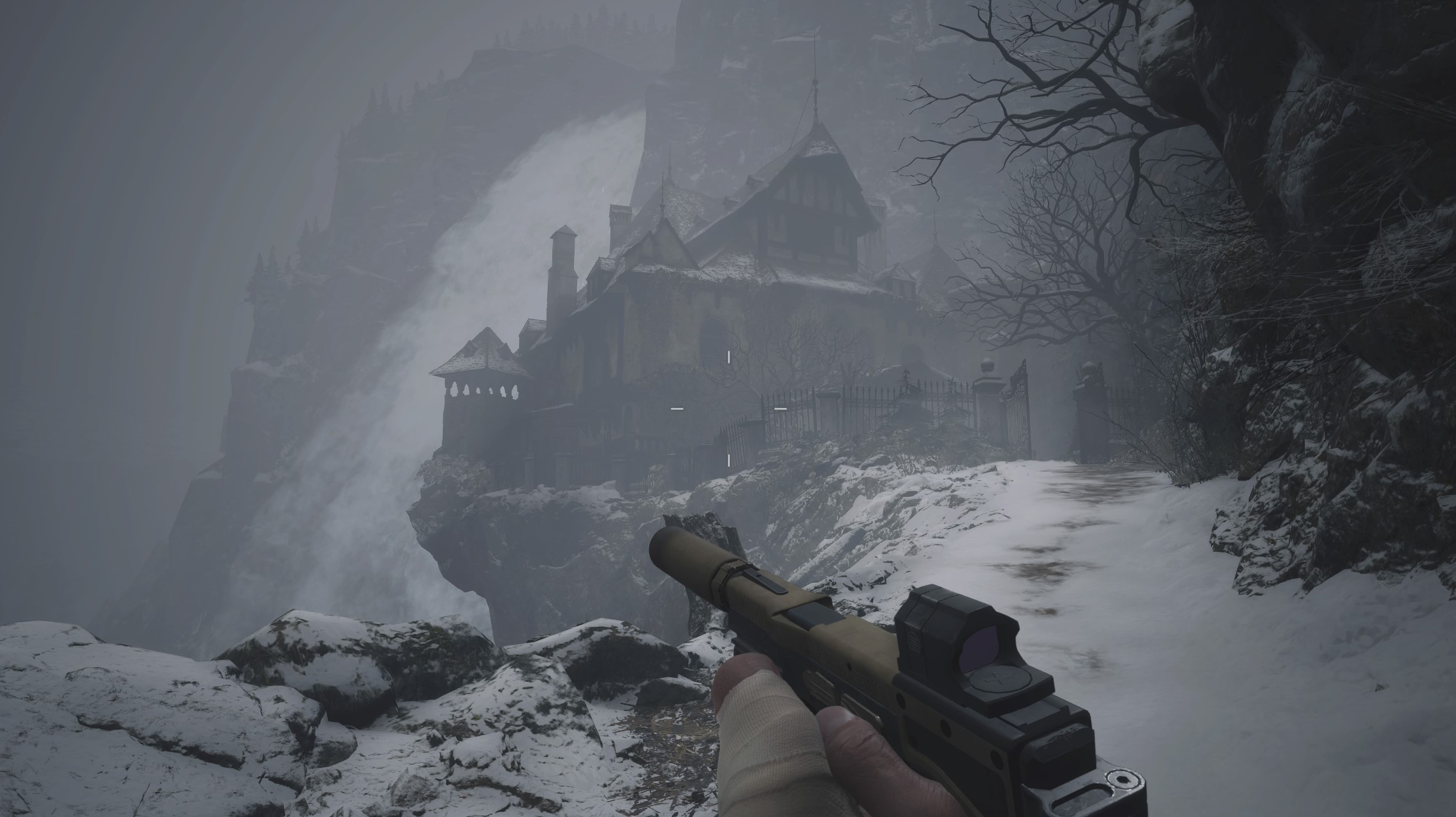
Resident Evil Village
What stood out most to me in my first playthrough of Resident Evil Village (and yes, I did play it twice) was how eerie and precarious everything felt even when I knew I was completely safe. Sure, the game is more on the action side than its predecessor, but the latest Resident Evil still freaked me out at every turn, largely because every creepy locale looked and felt so real that a mere shadow could make me jumpy. Beyond the crisp and polished production value, Village also achieves greatness by fully leaning into the absurdity of it all with a welcome earnestness. A tremendous (though mechanically unambitious) experience overall.
Could Be GOTY in Any Year
The cream of the crop. While none of these games are my *actual* game of 2021, each is phenomenal and could have easily been the winner in a different year.

Halo Infinite
Halo isn’t just a video game franchise; it’s a language, with the words taking the form of ricocheted grenades, perfectly timed melee hits, no-scope sniper shots, getting knocked over like a ragdoll by a Ghost, and the ability to approach any encounter in myriad ways. After mixed results with previous entries, 343 Industries has nailed the look and general feel of Halo with the right balance of new and old tricks. More importantly, however, the studio has brought back the beautiful, chaotic language that defined the seminal Bungie releases.
Halo Infinite excels through phenomenal combat systems, elaborate and beautiful theaters of battle, a compelling sandbox to explore, and yet another epic soundtrack, but what makes the game truly special is how it makes the player feel in awe once again, like they were seeing the ring in the distance in Combat Evolved through brand new eyes. Even with kind of a boring backstory and one-dimensional villains, Halo Infinite is the series rebirth I’ve wanted for years.
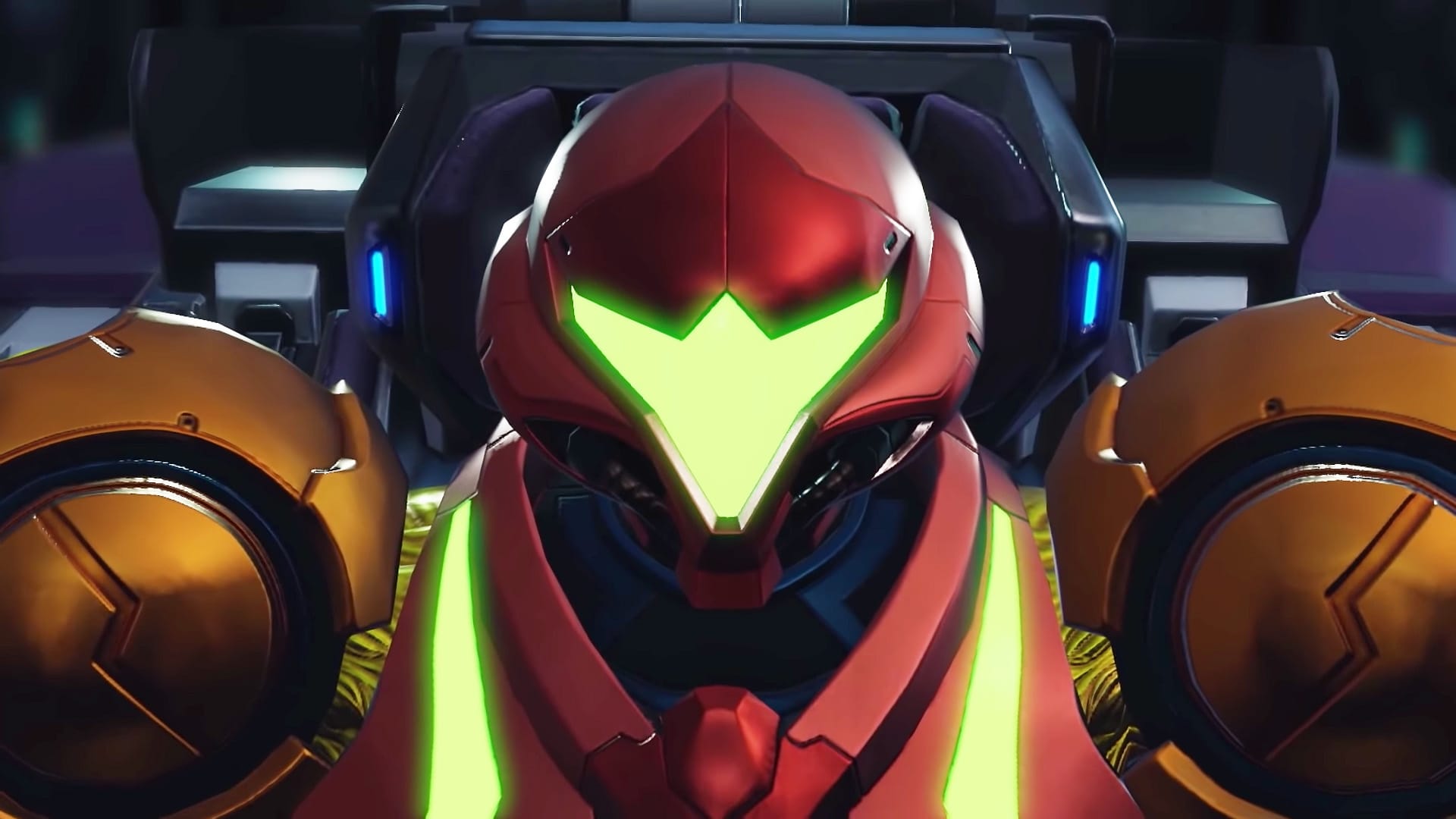
Metroid Dread
There isn’t much more I can say here that I haven’t already discussed before, but I’ll just add this: Metroid Dread proved in 2021 that AAA studios should not abandon 2D action design. Dread is an incredible achievement no matter how you slice it, and few 3D games in recent years have surpassed its ability to make players feel simultaneously powerless and extraordinary.
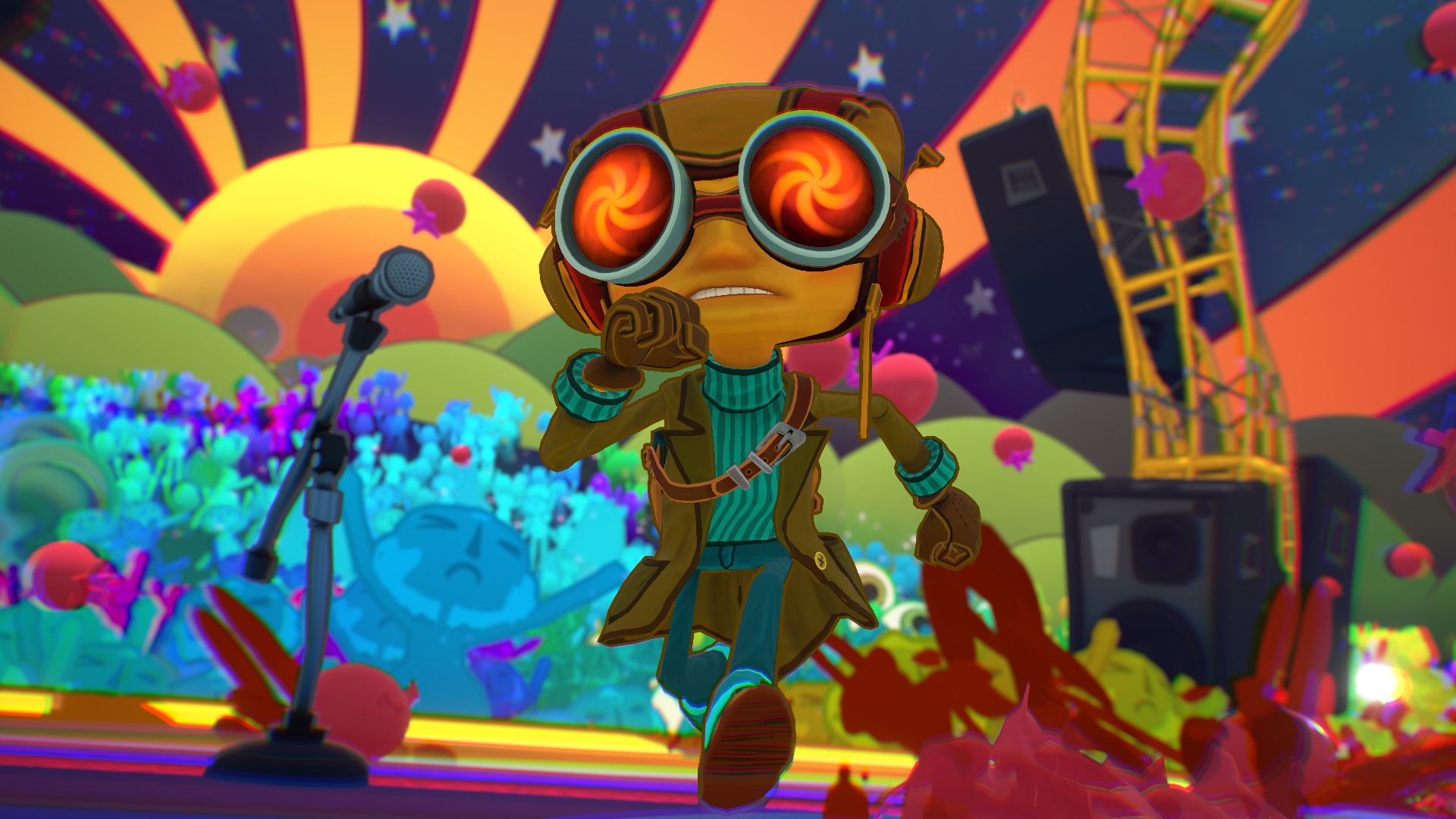
Game of the Year: Psychonauts 2
Double Fine’s latest adventure excels at nearly everything it seeks to accomplish. The combat is wonderfully chaotic yet elegant in its design. The animations and voice acting are charming yet carry the right amount of pathos. Each level is meticulously crafted, with clever platforming, environmental puzzles, and airtight thematic consistency. The broader narrative teems with nice surprises, moments of genuine comedy, and the occasional gut punch. But what sets Psychonauts 2 apart in a year filled with other bombastic and heartfelt game releases is how well it portrays the many ways people deal with their inner demons. More importantly, the title underscores the importance of learning to properly handle one’s own mental struggles, knowing damn well you can’t truly eliminate them forever.
As protagonist Raz enters the minds of various has-been heroes, their traumas and personality quirks come to light in the form of elaborate set-pieces, sometimes in the form of a desert island full of empty bottles (loneliness and alcoholism), a chaotic game show (performance anxiety and fear of failure), or even a psychedelic rock concert (sensory overload and fear of abandonment). The gameplay in Psychonauts 2 exists not merely to travel through these spaces eliminating enemies in the form of doubts, regrets, and panic attacks, but rather to understand why people are the way they are and help them learn to cope with such afflictions, not just ignore or move past them. Nobody is “fixed” after Raz leaves their heads, but they now have the tools to move forward with their lives.
While I appreciate broader efforts to spread awareness about mental health (and applaud public figures who speak candidly about their own struggles), this increased attention occasionally leads to a facile examination of what it means to live through such difficulties. Simply saying “go to therapy” or “learn to be strong through it all” doesn’t do anything, and not every proposed method works for everyone. Psychonauts 2 understands that the road toward an easier life starts with empathy, acknowledgement, and support, but it certainly doesn’t end there.
In my view, for me to crown something Game of the Year, it needs to do more than check all the boxes or have just the right “game-feel.” It needs to feel like there’s something deeper there, beyond satisfying gameplay and brilliant aesthetics. No other game in 2021 fit that role better than Psychonauts 2, an experience fundamentally about the importance of healthy coping mechanisms and the pitfalls of failing to address the sources of one’s inner anguish. Psychonauts 2 is more than my Game of the Year; it is a defining work of this moment.
Sam has been playing video games since his earliest years and has been writing about them since 2016. He’s a big fan of Nintendo games and complaining about The Last of Us Part II. You either agree wholeheartedly with his opinions or despise them. There is no in between.
A lifelong New Yorker, Sam views gaming as far more than a silly little pastime, and hopes though critical analysis and in-depth reviews to better understand the medium's artistic merit.
Twitter: @sam_martinelli.








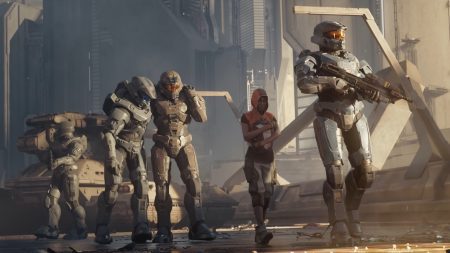

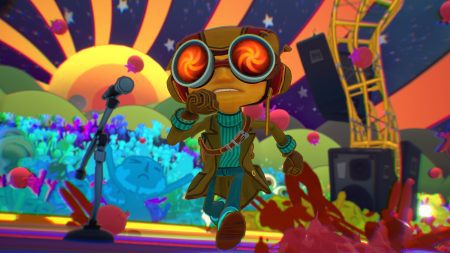
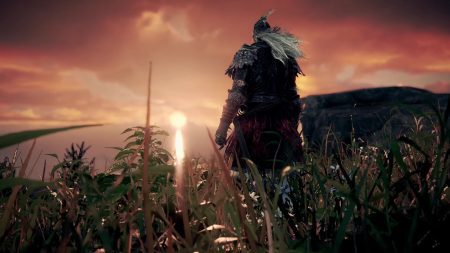
Lovely mini essay on Psychonauts 2 — your one on Animal Crossing was also *chef’s kiss*!